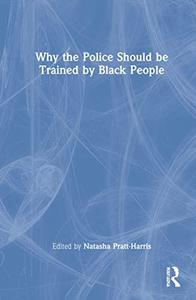 Why the Police Should be Trained by Black People By Natasha C. Pratt-Harris (editor)
Why the Police Should be Trained by Black People By Natasha C. Pratt-Harris (editor)2022 | 314 Pages | ISBN: 0367716054 | PDF | 22 MB
Why the Police Should be Trained by Black People aligns scholarly and community efforts to address how Black people are policed. It combines traditional models commonly taught in policing courses, with new approaches to teaching and training about law enforcement in the U.S. all from the Black lens. Black law enforcement professionals (seasoned and retired), scholars, community members, victims, and others make up the contributors to this training textbook written from the lens of the Black experience. Each chapter describes policing based on the experience of being Black in the US, with concern about the life and life chances for Black people. With five sections readers will be able to: Describe the history and theory of law enforcement, policing, and society in Black communities Critically address how law enforcement and the nature of police work intertwine with race-based societal and governmental norms and within law enforcement administration and managementUnderstand the variation in pedagogy, recruitment, selection, and training that has impacted the experience of police officers, including Black police officers, and Black people in the USExplore the role of law enforcement as crime control and crime prevention agents as it relates to policing in Black communities and for Black peopleAddress issues related to race and use of force, misconduct, the law, ethics/valuesAssess research, contemporary issues, and the future of law enforcement and policing, especially related to policing of Black people. Why the Police Should be Trained by Black People brings pedagogical and scholarly responsibility for policing in Black communities to life, revealing that police involved violence, community violence, and relative lived experiences do not exist in a vacuum. Written with students in mind, it is essential reading for those enrolled in policing courses including criminology, criminal justice, sociology, or social work, as well as those undertaking police academy and in-service police training.



![S.T.A.L.K.E.R. 2 / STALKER 2: Heart of Chornobyl - Ultimate Edition (2024) [+UPDATE 23.12.2024 - v1.1.3] ElAmigos / Polska wersja językowa](https://i.postimg.cc/Zqd8RWGY/UZG8PBE.jpg)





































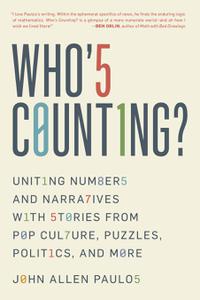

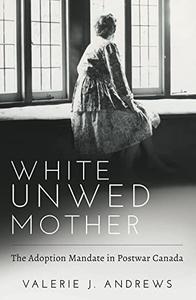
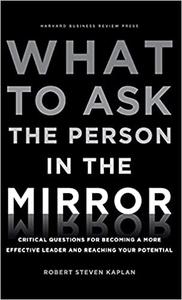


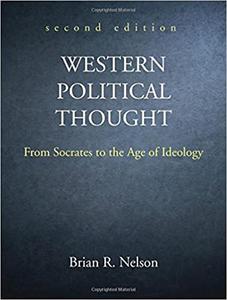







![David Gilmour - Luck and Strange (2024) [FLAC]](https://i.imgur.com/everaBc.jpeg)
![Męskie Granie Orkiestra - Męskie Granie 2024 (2024) [FLAC]](https://i.imgur.com/FAyOxrM.jpeg)
![The Rolling Stones - Hackney Diamonds (2023) [FLAC]](https://i.imgur.com/wCkyyUN.jpg)
![Lady Gaga - Harlequin (2024) [FLAC]](https://i.imgur.com/dcgIA8D.jpeg)
![Natalia Kukulska - Dobrostan (2024) [FLAC]](https://i.imgur.com/bdljG3O.jpeg)
![Kaśka Sochacka - Ta druga (2024) [FLAC]](https://i.imgur.com/hORQKvn.jpeg)
![Kuba Sienkiewicz - Pani Bóg (2024) [FLAC]](https://i.imgur.com/qijCx8Z.jpeg)
![Lanberry - Heca (2024) [FLAC]](https://i.imgur.com/8P7QfeR.jpeg)
![Sara James - PLAYHOUSE (2024) [FLAC]](https://i.imgur.com/m4f8OKg.jpeg)
![Grzegorz Hyży - EPILOG (2024) [FLAC]](https://i.imgur.com/8DA2sBr.jpeg)
![Myslovitz - WIECZORAMI CHŁOPCY WYCHODZĄ NA ULICE (2024) [FLAC]](https://i.imgur.com/l9mMtIG.jpeg)
![Krzysztof Zalewski - ZGŁOWY (2024) [FLAC]](https://i.imgur.com/vh48RAc.jpeg)
![Krzysztof Cugowski - Wiek to tylko liczba (2024) [FLAC]](https://i.imgur.com/SBzgqe2.jpeg)
![Nosowska - Kasia i Błażej (2024) [FLAC]](https://i.imgur.com/mObvVXQ.jpeg)
![sanah - Pianinkowe Kaprysy (2024) [FLAC]](https://i.imgur.com/pVjjPAa.jpeg)
![Kwiat Jabłoni - Pokaz slajdów (2023) [FLAC]](https://i.imgur.com/diERHfZ.jpg)
![Robert Cichy - Spacer po Warszawie (2024) [FLAC]](https://i.imgur.com/ixleU9o.jpeg)
![Viki Gabor - Terminal 3 (2024) [FLAC]](https://i.imgur.com/Q1KCnDs.jpeg)
![Sanah - Kaprysy (2024) [FLAC]](https://i.imgur.com/71OZm4h.jpeg)
![Męskie Granie Orkiestra - Męskie Granie 2023 (2023) [FLAC]](https://i.imgur.com/U4YHo8d.jpg)




